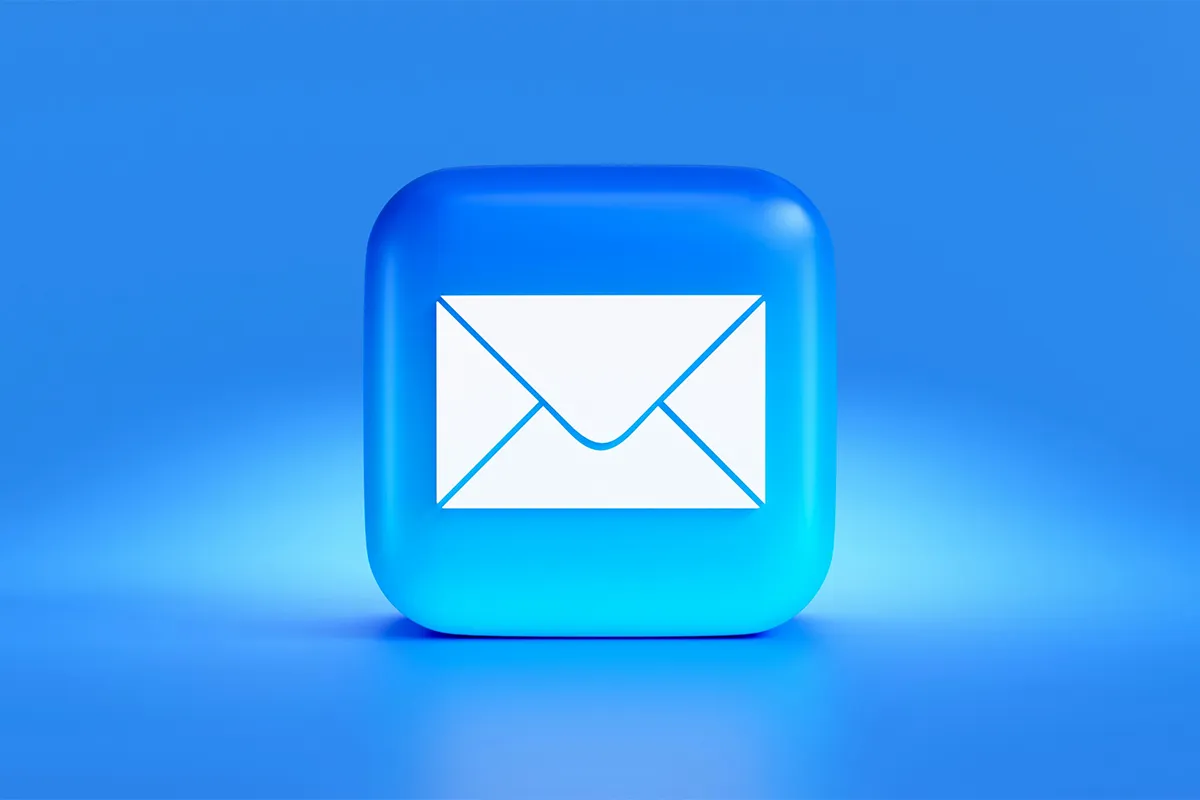Keeping track of email is an important practice. It should be done regularly. Continuous email tracking ensures that you are well aware of the emails hitting inboxes. The open rate of email allows you to improve your marketing strategies.
The important data obtained from tracking email enables you to make good decisions and design future plans. Strong sales conversions and boosted revenue is the direct result of successful email tracking.
Benefits of Email Tracking
Effective communication: It is very important to understand how your recipients engage with your emails. Email tracking shows when people open your messages. You can see which subject lines get attention. This helps you improve your future emails. It is crucial to tailor follow-ups based on this data. You do not want to follow up with everyone the same way. Some people might need more information. Other people only need a quick reminder. You should use what you know about their engagement to connect better with them.
Improved sales and marketing strategies: Another crucial benefit of email tracking is enhancing sales strategies and marketing strategies. Email tracking helps with lead nurturing. You can know someone is interested when you notice them clicking your links. You can target these leads with specific offers. This focused approach can increase the chance of closing a deal. You can also make data-driven decisions. You no longer need to rely on guesswork. You can analyze which emails worked best and why. This leads to smarter campaigns that appeal to your audience.
Efficient time management: Time management also improves with email tracking. You can prioritize responses based on the engagement data. If someone opens your email many times, it might mean they are interested. You should respond to them first. This helps you use your time more effectively. You can avoid making assumptions. Sometimes, you think a recipient is not interested, but tracking can show something else. Knowing this helps you spend your time on quality leads.
Types of Email Tracking
Email tracking comes in different forms, like open tracking. Open tracking measures when someone opens your emails by using tiny images. This is helpful for any business.
Click tracking is one other important type. This method tracks links. It sees which links get the most clicks. This data is important for marketing tools and analytics. You learn what your audience prefers.
Reply tracking helps you follow conversations well. Tracking responses keeps the dialogue going. It ensures you do not miss important replies.
How to Track Emails
- Email Tracking Tool: Many tools track emails today. Some popular options are HubSpot, Mailtrack, and Yesware. Each tool has its own advantages. You should look for one that fits your business needs. You must consider the user interface and how easy it is to set up. Check for integrations with other software you use. Price can be a deciding factor, too. Make sure it offers the features that matter to you.
- Setting Up Email Tracking: Installing tracking software is not difficult. Start by choosing the right tool. Visit the official website. Download the app or the browser extension. Follow the on-screen instructions. It only takes a few minutes. After installation, you open the settings. You may need to adjust some specific configurations. Make sure your email client connects properly. This makes sure tracking can occur without problems.
- Sending Emails with Tracking: When you write an email, enable tracking before sending. This option is usually in the email composition window. Always review your subject line. A catchy subject line increases your open rates. Keep the content clear and engaging. Use short paragraphs and bullet points for easy reading. Make sure to include a call to action. A strong CTA guides your reader toward the next step.
Interpreting Tracking Data
Open rates are important. They show how many people engage with your emails. Track this number closely. Several factors can influence it. The timing of your email can affect how many people open it. The subject line is very important. It plays a big role in your emails. You should try different subject lines. You can find out which ones work best.
Click-through rates give you more information about engagement. A high click-through rate shows that people like your content. You need to analyze which links get more clicks. This information tells you what your readers like. You should change your future emails based on this information.
Look at all your tracking data together. This helps you see what works well. You need to put the numbers in context. Compare them with your goals. If you see low rates, think about why this happens. Change your email strategy based on what you find. It is important to keep improving to track emails better.
Legal and Ethical Considerations
Legal considerations are very important. Email transparency is really important. People must know when you are tracking them. If you do this, your recipients trust you more. This creates better relationships. You must always inform people about tracking. You can write a simple sentence about this in your emails. A clear message stops misunderstandings.
Follow laws to stay safe. The General Data Protection Regulation, or GDPR, is a big law in Europe. It tells you how to handle personal data. Email tracking can be part of these rules. Always ask for consent before you track anyone.
The CAN-SPAM Act is a law in the United States. This law gives recipients control over their emails. They can choose to stop receiving emails. You must give them an easy way to unsubscribe. These rules help protect people.
You should use ethical practices for email tracking. When you track emails, think about your audience. Make sure your tracking is not too invasive. You must respect their choices. You can create a better email experience by being honest. You can offer an option for people to opt-in to tracking. This can make trust bigger.
Common Mistakes to Avoid

You should avoid common mistakes in email tracking. Relying too much on tracking data can cause mistakes. Tracking is just part of the communication picture. You must not ignore other important factors. Focusing too much on numbers can distract you.
You must remember to create a good email design. If emails look bad, people do not care about tracking. Use simple templates that catch the eye. Bad design can lead to low engagement. You must listen to your recipients. Ignoring their preferences can cause a bad reputation. You should always strive for balance when tracking emails.
Email tracking is a strong tool for everyone who uses email. It shows important data about how people interact with messages. It shows when someone opens an email or clicks a link. By understanding this information, you can improve how you reach your audience.
Conclusion
You can greatly benefit from knowing when someone engages with your email. This information helps you follow up at the right time. You can also tailor your messages to fit their interests better. Choosing the right email tracking tool makes a big difference. Many options are available, so select one that meets your needs. Tools like DejaOffice with user-friendly features make tracking easier and more effective.
Now is the time to use email tracking in your strategy. Think about how powerful this tool is for understanding your audience better. By taking action, you will build more close connections. Future emails will become more engaging and personalized. This increases your chances of getting the responses you want.
Communication continues to change and adapt. Email tracking is a vital step in this evolution. As technology develops, you must stay informed about new tools. Embrace these changes. They can improve your interactions and relationships. Think about these advancements. They can reshape the way you communicate. Effective email strategies lead to better outcomes. These outcomes are both personal and professional. Make the most of email tracking today.
